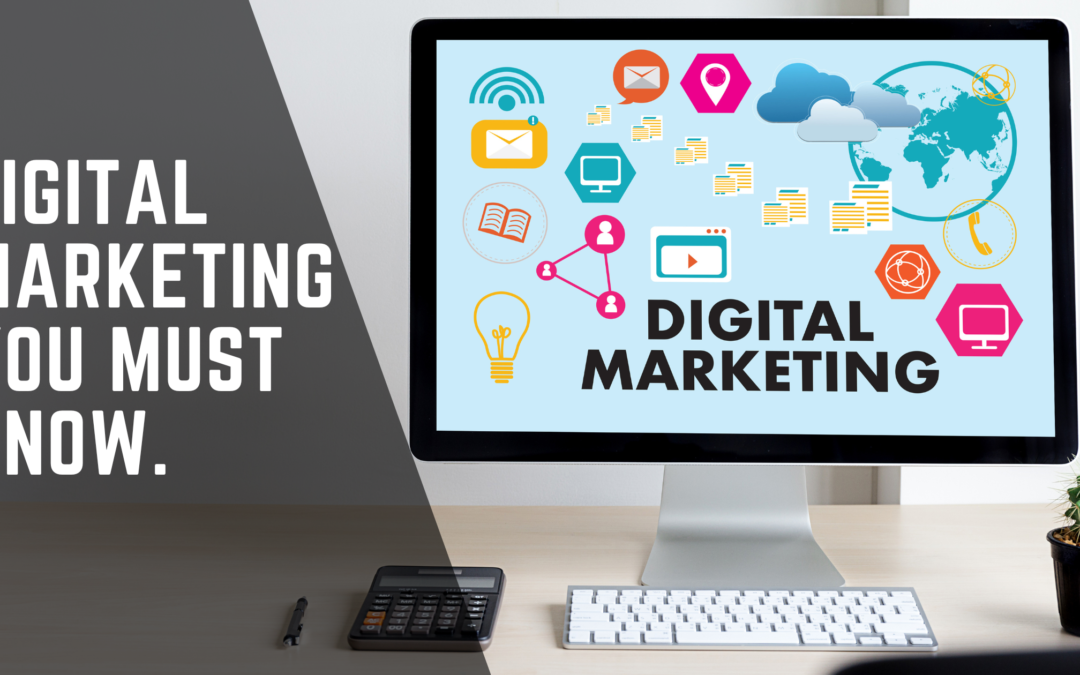Digital marketing, or the process of promoting brands to connect with potential customers using the internet, is an essential aspect of running a business.
A simple definition for digital marketing is “promoting brands to connect with potential customers by drawing on the insights and data generated by search engine optimization (SEO), social media, content development, and other digital marketing channels.”
Digital marketers can use various platforms, including email marketing, blogging, search engine optimization, social media, and online videos, to achieve this.
Digital agents are the professionals responsible for creating and executing a digital strategy that meets the needs of their clients. They play an integral role in any company’s success by generating traffic, increasing conversions & brand awareness in all aspects of their client’s business.
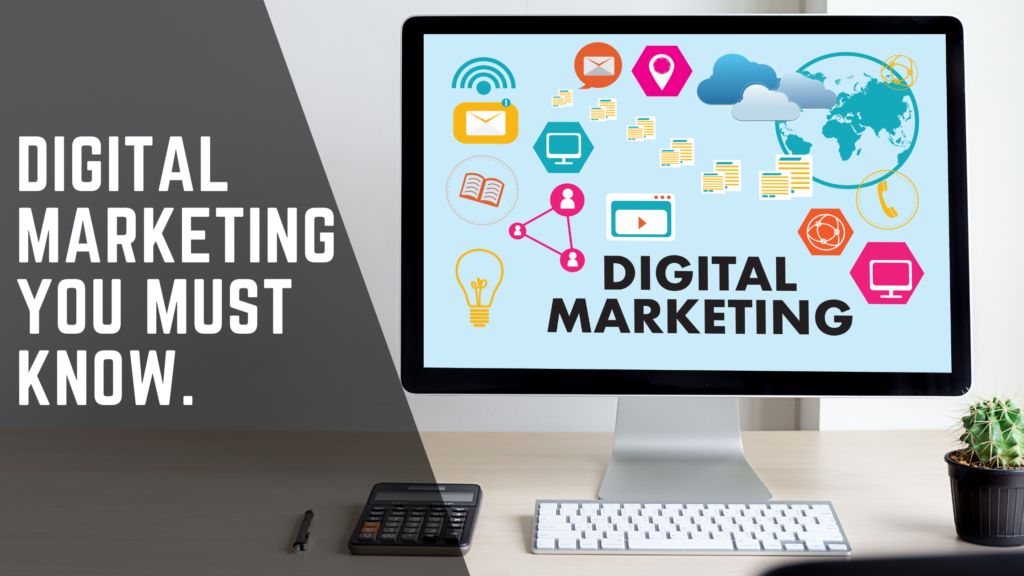
Content Marketing
Have you heard the saying, “Content is king?“. Quality content is the fuel that drives your Digital Marketing strategies. It has been a popular marketing method for decades, and with every passing year, it becomes more and more effective.
The benefits of content marketing are many. It can help you build your reputation as an expert in your field; it can help you build relationships with your customers, drive traffic to your website, and much more. In addition, content marketing is a great way to get ahead of the competition by being the first one to share information about something new or exciting.
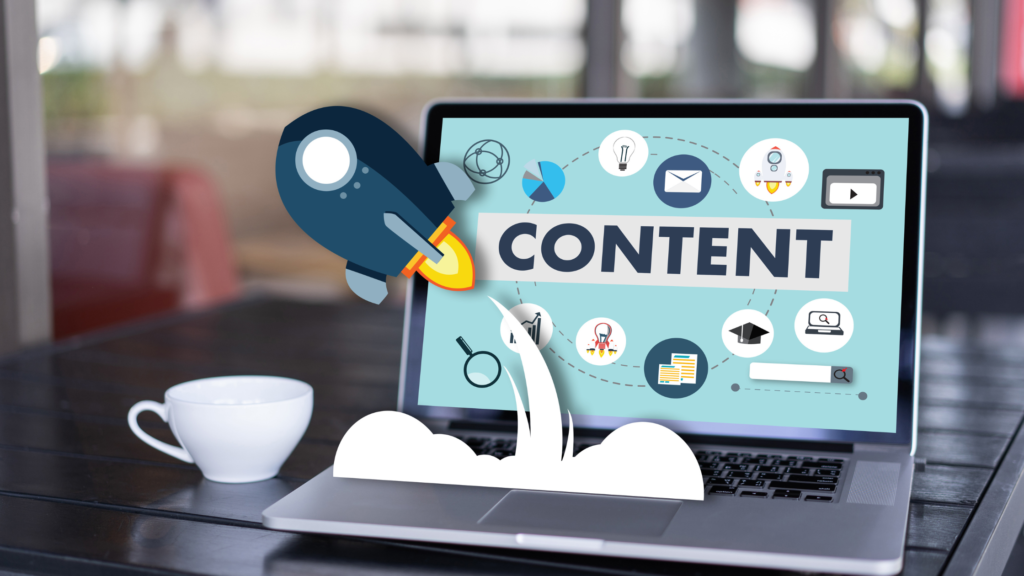
Search Engine Optimization.
Search engine optimization (SEO) is optimizing a web page to rank higher on a search engine’s result page or return more relevant results. The process usually involves both on-page and off-page optimization techniques.
Many factors can affect a site’s ranking on search engine results pages. These include site loading speed and user experience; content relevance, freshness, uniqueness; domain authority, trustworthiness, and recency; backlinks skillfully obtained from other sites with high domain authority (e.g., Wikipedia); social media sharing; etc.
On-page SEO: On-page SEO can be defined as optimizing the content on a website to rank better on search engine results pages.
On-page SEO is one of the most critical factors for any web page to rank higher in search engine results pages. On-page SEO is a set of practices that are used to optimize content and make it as relevant as possible to the keywords that are being targeted.
Off-page SEO: Off-page SEO improves one’s website’s ranking in search engines for specific keywords. In other words, it is a set of activities that take place outside of the website to make it more appealing to Google, Yahoo, and Bing.
It can be done by following some principles and best practices to rank better online. In addition, websites can be optimized in many different ways to increase their chances of being found by search engines. One of these ways is off-page SEO. Off-page SEO includes backlinks, keywords, and social media.
Technical SEO: Technical SEO is more technical than content optimization. It focuses on the backend of your website and the settings that you can change to rank higher. It pays to be observant when doing technical SEO for your site. This is because many things can go wrong and make you lose ranking. On-page optimizations are all of the steps you take to ensure that your website fulfills specific technical standards so that search engines can find and display it correctly. Off-page activities are those that search engines don’t have direct control over but which they do consider when ranking a site.
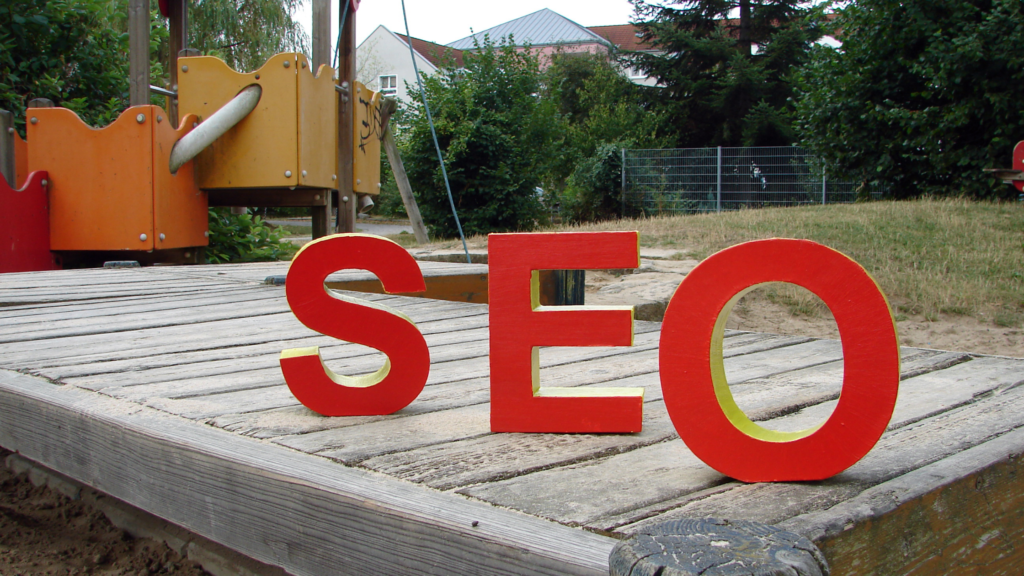
Social Media Marketing.
Social media marketing is the use of social media platforms to connect with your audience to build your brand, increase sales and generate awareness.
Social media marketing has been around since the early days of social networking sites like Facebook and Twitter. These new channels provide unique opportunities for marketers, from small businesses to multinational companies, to be able to connect with their customers or potential customers directly, depending on the privacy settings a company chooses.
Some of these social media channels are:

Email Marketing
Email marketing is one of the most common and effective methods for communicating with a company’s audience. Email marketing can be used to promote content, events, and discounts to a company’s audience. It is usually done through email correspondence with customers or prospects who have signed up for an email subscription.
IA few examples of this include newsletters, promotions, notifications of new products or services. Companies communicate with their audience using emails in order to stay on top of consumer interests and needs. They are very effective at driving traffic, increasing sales, and developing customer loyalty, but they should not be the only form of communication that companies use since they could lead customers to become overloaded with unwanted emails and unsubscribe from future offers.

Pay-Per-Click
Pay-per-click is the most common internet advertising model. In keyword campaigns, advertisers typically pay a flat cost per click to be positioned and get traffic with specific keywords.
PPC is an online advertising model that enables advertisers to purchase the space on search engine results pages, social media platforms, such as Facebook, YouTube, Instagram, and Twitter. It can be used for promoting a business by targeting its audience with ads on social media.
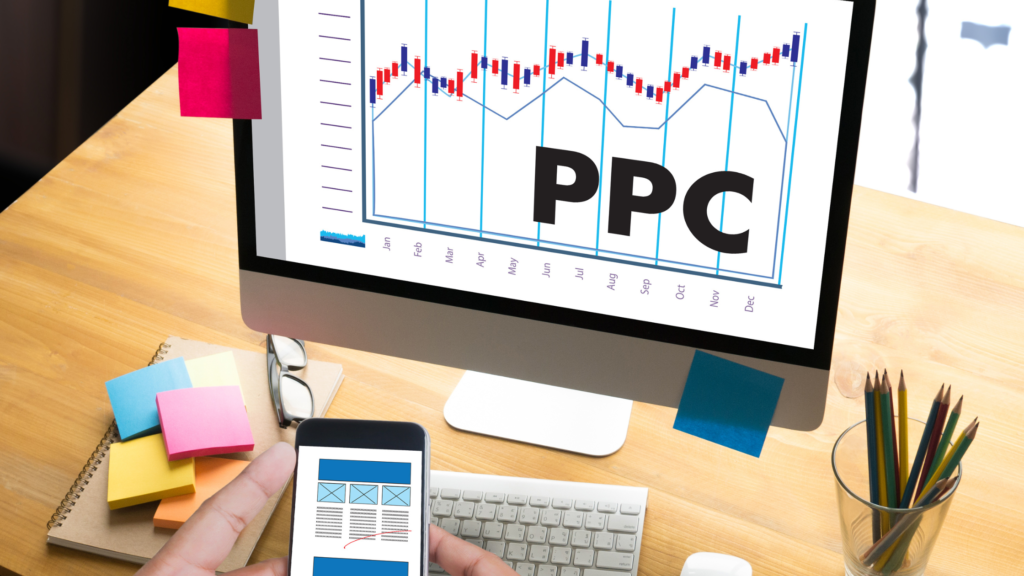
Online PR
Online Public Relations (PR) is an “online” version of public relations (PR). With the changes in the media landscape, SEO and SEM campaigns have taken a backseat to content marketing. With all changes in the media, PR has been quickly adapting to new practices. For example, earned media-based campaigns are now a popular way to create buzz for a product or service among the public.
Earned media-based campaigns make it easy for companies to connect with their customers and get good publicity that they would not have been able to do before due to the high costs associated with standard PR practices like advertising. Companies are still using traditional advertising methods as well as social media posts, so it is not only blog posts that can be used for online PR.
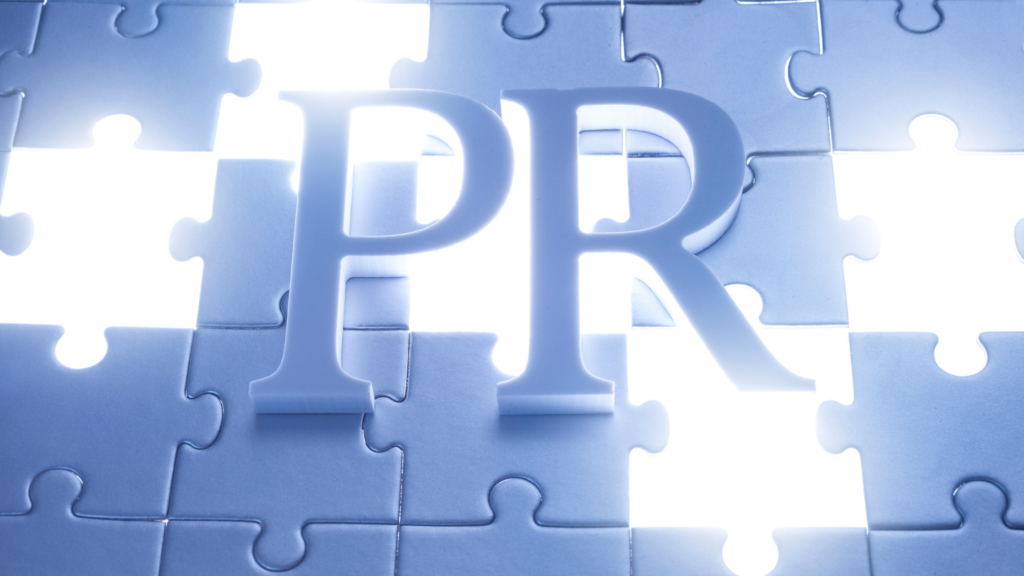
Mobile Marketing
Mobile marketing is changing the way we live. It’s more than just a channel of advertising. Mobile marketing is more than text messages and mobile websites. The goal of mobile marketing is to reach people on their smartphones wherever they go and at any time, not just when they’re looking for new services or products.
It’s important to integrate your mobile strategy across multiple channels, including display ads on smartphones, dashboards in apps, and text messages. This ensures that you are reaching customers on whatever device they are currently using.
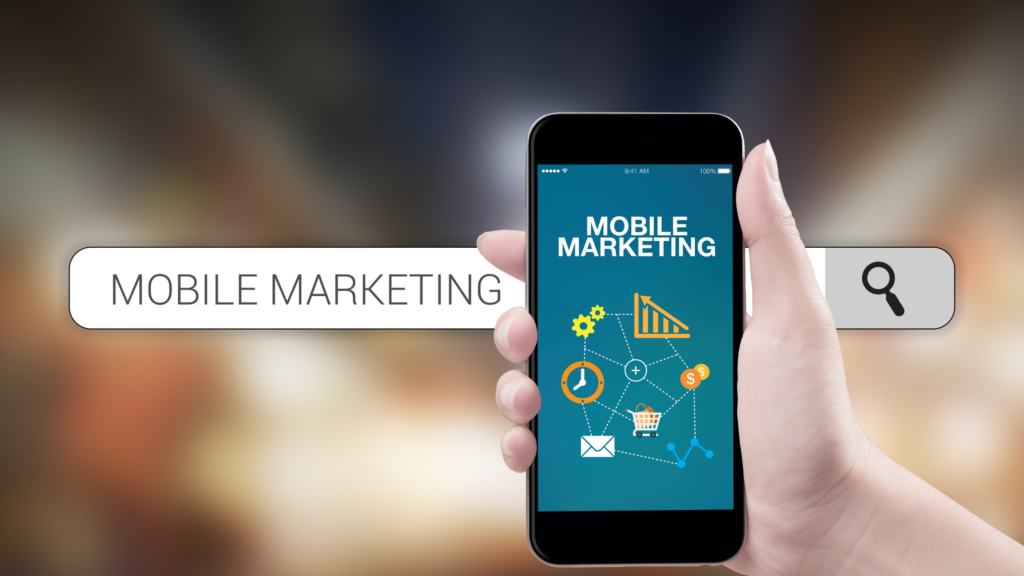
To conclude, Digital marketing is a perfect business opportunity. It bridges the gap between businesses and customers. Digital marketing is increasingly becoming the norm in today’s world. Hence, it is important for specialists in digital marketing to be aware of what’s current in this field.
Our service
website design, graphic design, E eCommerce website click this Website:www.digitaljeron.in
(Jerome Bara, Entrepreneur, Digitaljeron)
Disclaimer: This article is auto-aggregated by a computer program and has not been created or edited by Publisher: Digitaljeron.
Related Articles
